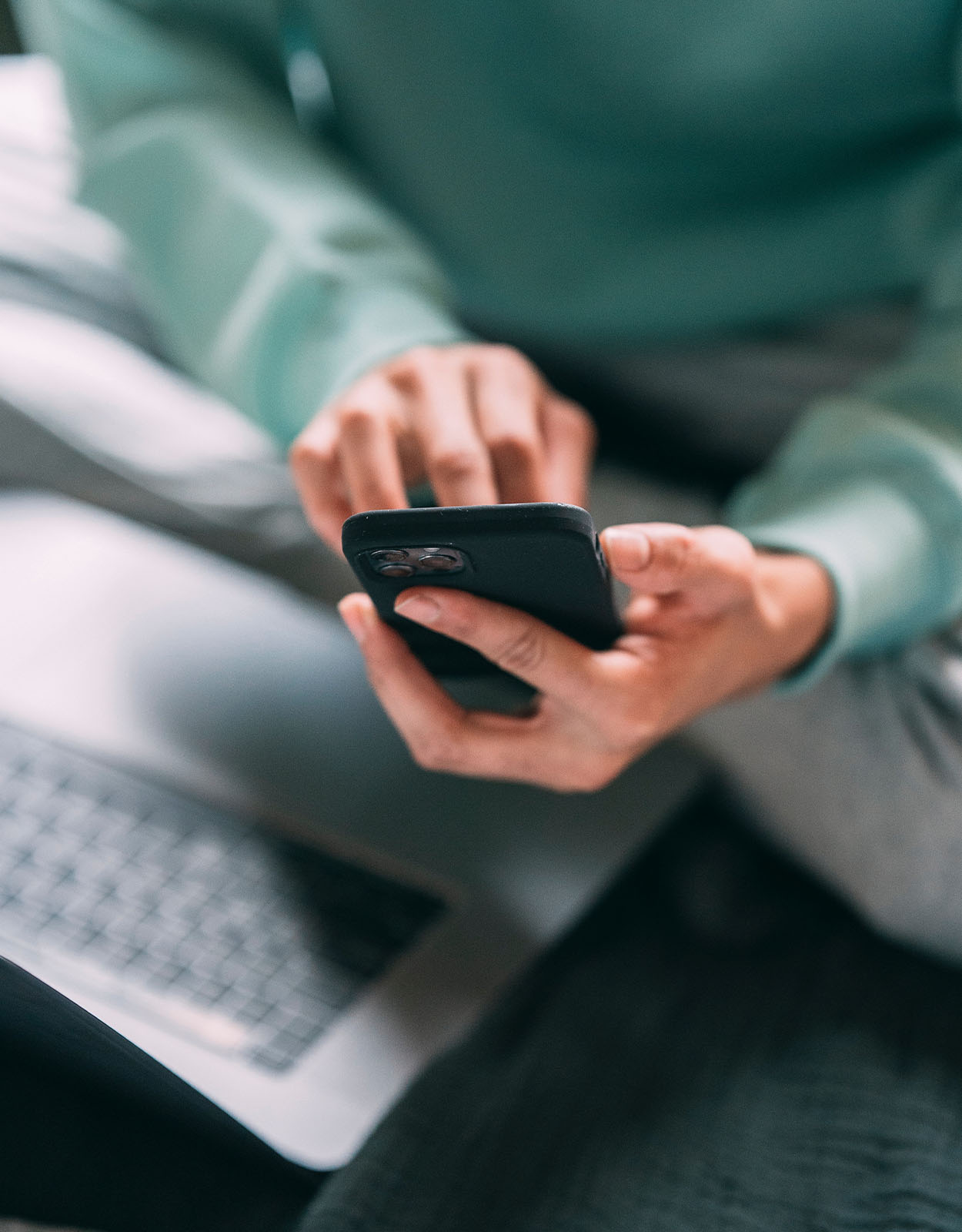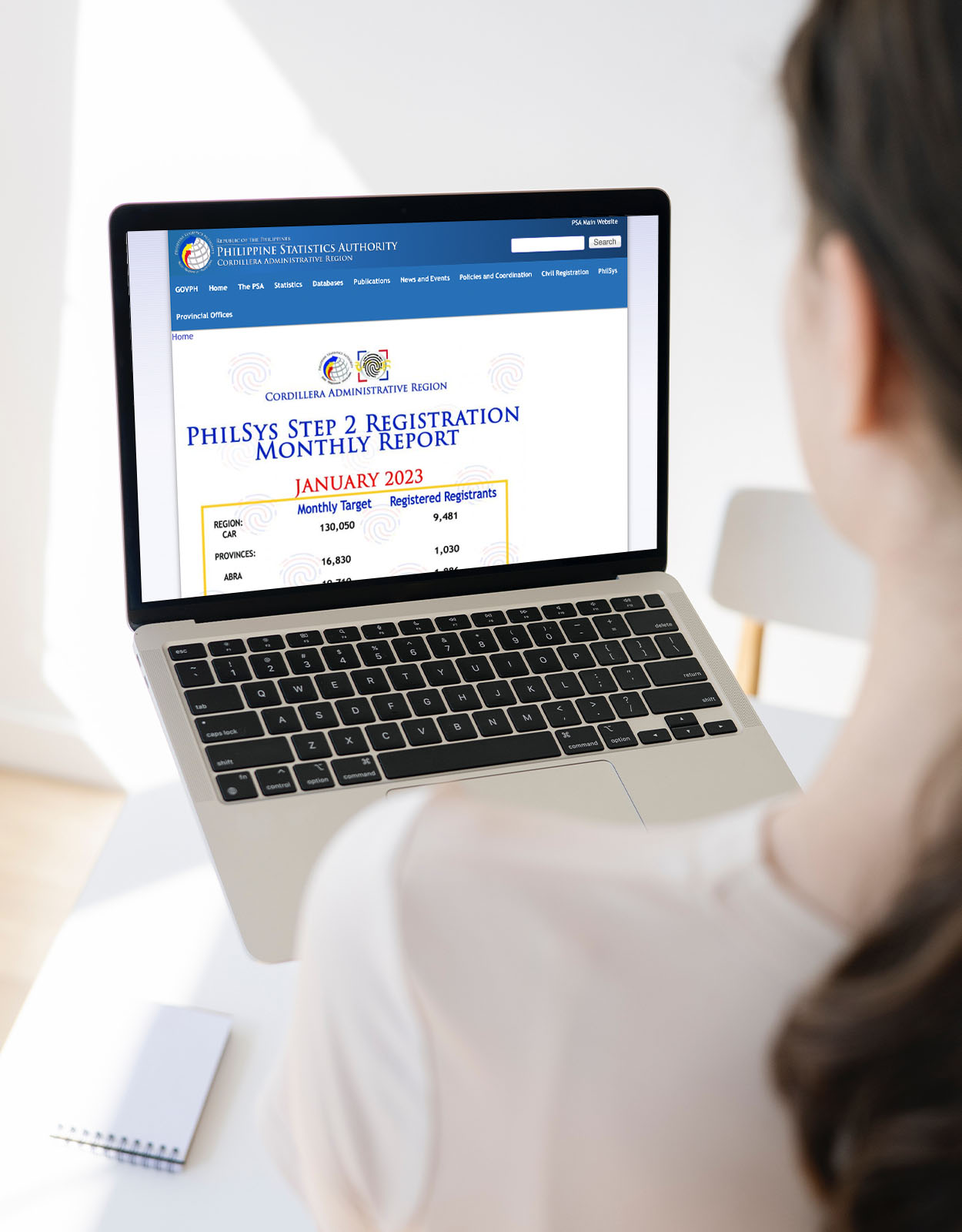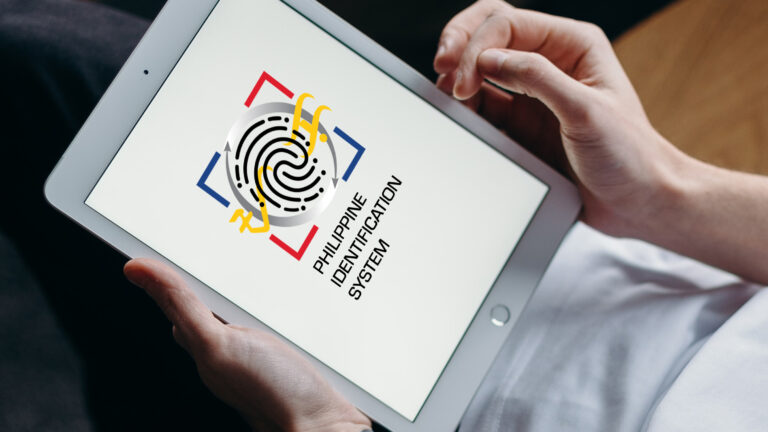Trending
Why Should You Have a National ID in the Philippines?
What’s all the buzz about the National ID and why do you need one in the Philippines?
When former President Duterte signed a law that would implement the National ID system in the Philippines last August 6, 2018, it was probably to make sure everyone had a chance to benefit from some of the government’s services and to track its citizens. Before computers were a thing, the National Statistics Office (NSO) (now known as Philippine Statistics Authority or PSA) would knock on people’s doors to register them. But with them popping up stalls in a number of malls, it’s easier to avail of one. So, here’s why families in the Philippines should get a national ID:

1. The requirements for the National ID are not so taxing to get.
To get a National ID in the Philippines, families only need two documents: a PSA birth certificate and at least one organizational ID. Organizations like schools and companies are recognized by the PSA as a supporting document to verify being a Filipino. This means kids can get their National ID as early as grade school so long as they have an official school ID.
2. It’s valid for a lifetime.
NBI clearances and postal IDs are notorious for their short lifespans and validity as identification documents, so it gets taxing to go back and renew them. The Philippines’ National ID has a lifetime validity, making it easier for us to avail of government-mandated services at our own pace.
3. It makes applying for e-wallets and bank accounts easier.
To lessen the number of bogus accounts and hackers, some e-wallets like GCash demand an ID to verify your identity. Some banks request two government IDs when opening an account and if parents want to set up a bank account for their child, they can at least apply for this one if their parents got them a passport.
4. It makes applying for first-time employment requirements easier.
Although it’s the Human Resources’ job to get your adult child’s requirements, it’ll help them out more if they have at least one government ID in their name. That way, they can easily get their TIN, PhilHealth, SSS, and Pag-Ibig. Usually, government-issued IDs need at least two — so the Philippines’ National ID can serve as a partner with their Driver’s License because it’s just so cumbersome to bring their passport with them.
For stay-at-home-moms (SAHMs) who are returning to work, national IDs are a step in the right direction to renew and avail more updated IDs.
5. It’s an accepted ID when buying real estate.
With the current boom in real estate, families are now investing in lands beyond Metro Manila because spaces here in the city are too expensive to afford. The companies that are developing the land, however, often have a strict accounting department that demands two government-issued IDs and your pay slips (if you’re working). The National ID at least solves a third of the problem.

How to track your National ID in the Philippines after applying:
After applying for the National ID, you’ll be issued a tracking number which you can check on the PSA’s tracking system on their website to see if it’s being processed. Usually, people give it around 2 to 3 months (sometimes even 6!) since the PSA is the only one processing everything. After that, families receive a piece of paper that serves as a “temporary” National ID but can preserve it by having it laminated in a printing shop to make it look more like an ID.
More about government-mandated services?
What You Need to Know About the Solo Parent ID and Its Benefits
Securing a DFA Passport Appointment for Your Baby
The Pros and Cons of Changing Your Name After Marriage According to a Mom Lawyer





